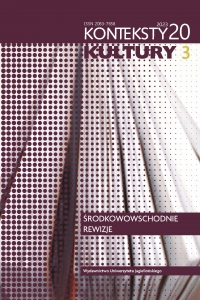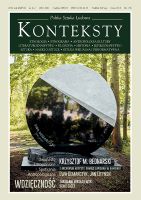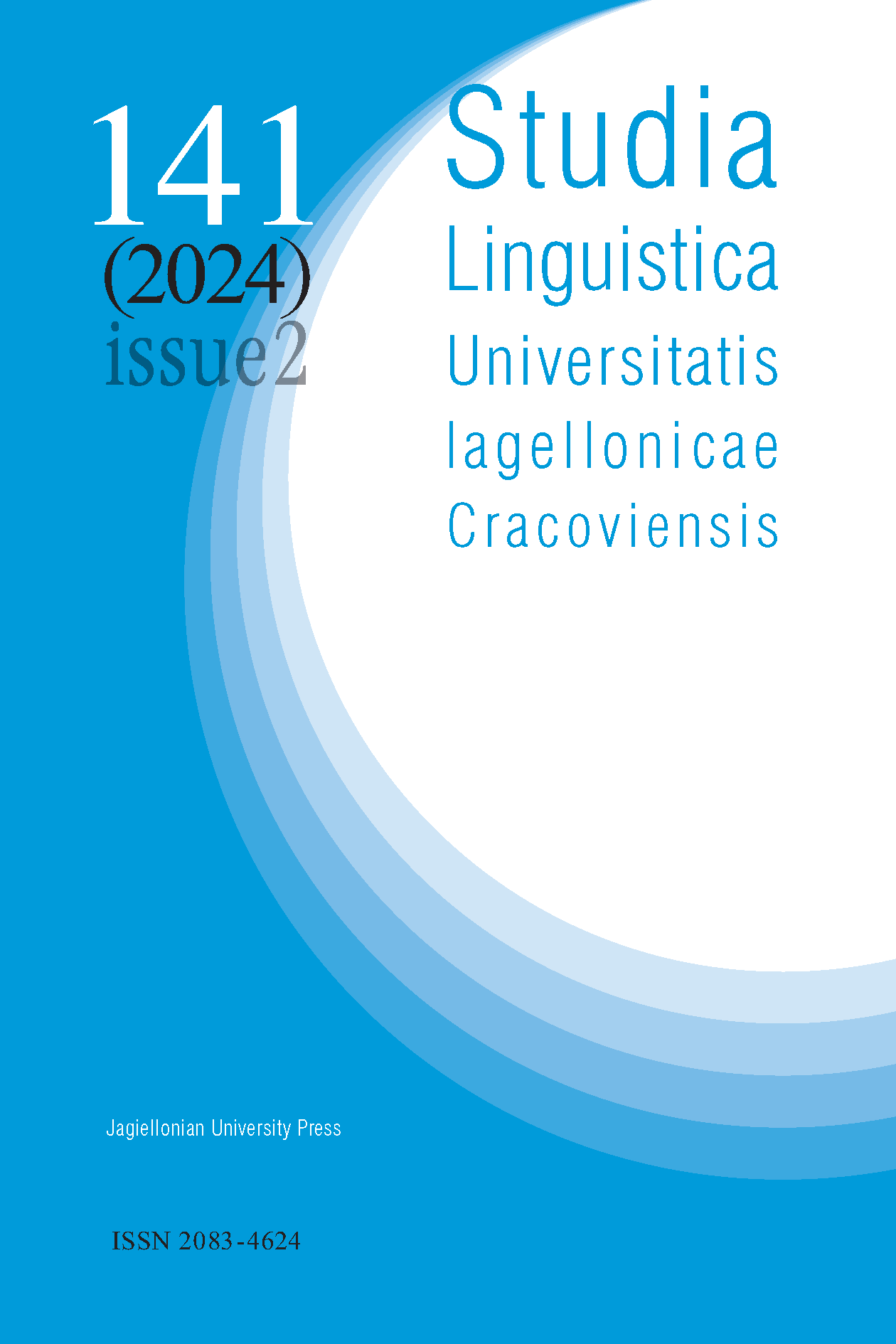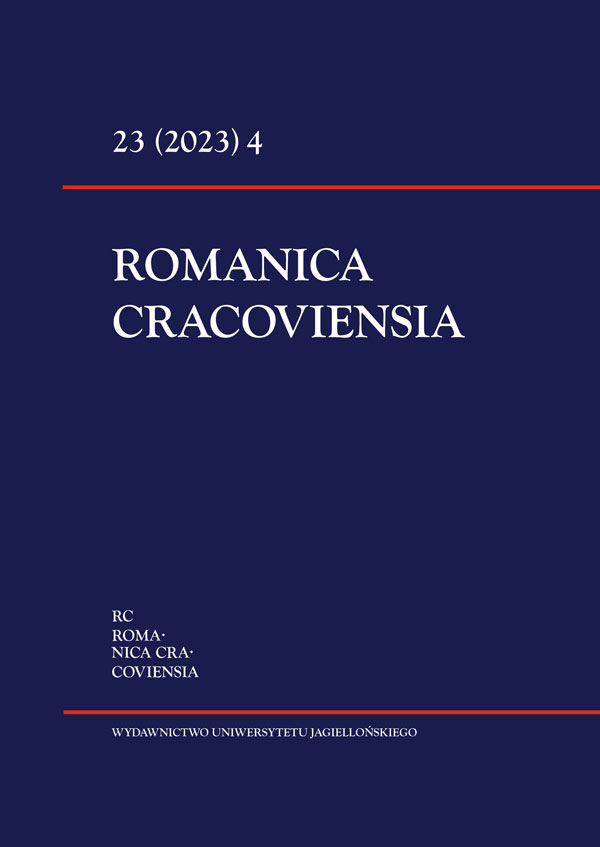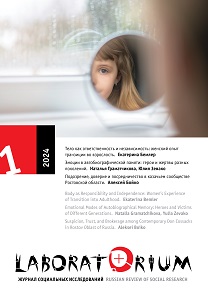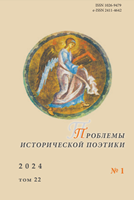Author(s): Sergey A. Kibalnik / Language(s): Russian
Issue: 1/2024
Dostoevsky considered “restoration of a ruined person” to be “the key idea of all art of the nineteenth century.” This is exactly what makes up the inner plot of many of the writer’s works. Such a “restoration” is not so much actually happening as it is implicit in some of them. This is the case in “Crime and Punishment” and “The Brothers Karamazov.” At the same time, in both works it is not only not articulated, but is barely outlined. Meanwhile, there are researchers who believe that Dmitry Karamazov is not sent to hard labor, but flees to America — this is how open the novel’s ending is. At the same time, Dostoevsky has, on the contrary, “ruined heroes,” i. e., the “underground paradoxalist,” Alexey Ivanovich from “The Gambler,” Svidrigailov, Stavrogin. Sometimes the “resurrection of a new man” occurs in the most unlikely Dostoevsky’s characters. One of such characters in “Demons” is Stepan Trofimovich Verkhovensky. In such deeply interconnected works of Russian literary classics as Dostoevsky’s “Idiot” and Tolstoy’s “Resurrection”, attempts to save the “fallen woman” are in the center of attention. Tolstoy even included this theme, understood after Dostoevsky precisely as “the restoration of a ruined person,” in the title of his novel. In “Resurrection,” Tolstoy actually rewrote the storyline of Myshkin, Totsky and Nastasia Filippovna. At the same time, he remade the plot of the novel “Idiot” into a more realistic one. In Dostoevsky one of the characters, Totsky, seduces and uses Nastasia Filippovna, while another, Prince Myshkin, tries to save her. In Tolstoy, Prince Nekhludoff pays for his own sin. The transformation in the “Resurrection” of the plot situations from the novel “Idiot” is aimed at their happy resolution; meanwhile it is not Nekhludoff’s repentance for his actions, but Katyusha Maslova’s quiet selfsacrifice that leads to it. Unlike Myshkin and Nekhludoff, the hero of Chekhov’s novella “My Life” is by no means conceived as a “positively wonderful person,” much less Christ. However, in some incomprehensible way, unlike Myshkin and Nekhludoff, he achieves his goal. Apparently, such, according to Chekhov, is the power of not just a word, but a beneficent example. Misail tries to find a path consistent with his conscience, and thereby sets a beneficent example to his entire environment. Thus, in Chekhov’s mature works, there is a constant reliance on the aesthetics of the “transformation of man.” So, this theme turns out, mutatis mutandis, to be common to all Russian literary classics — from Pushkin to Dostoevsky, Tolstoy and Chekhov.
More...
